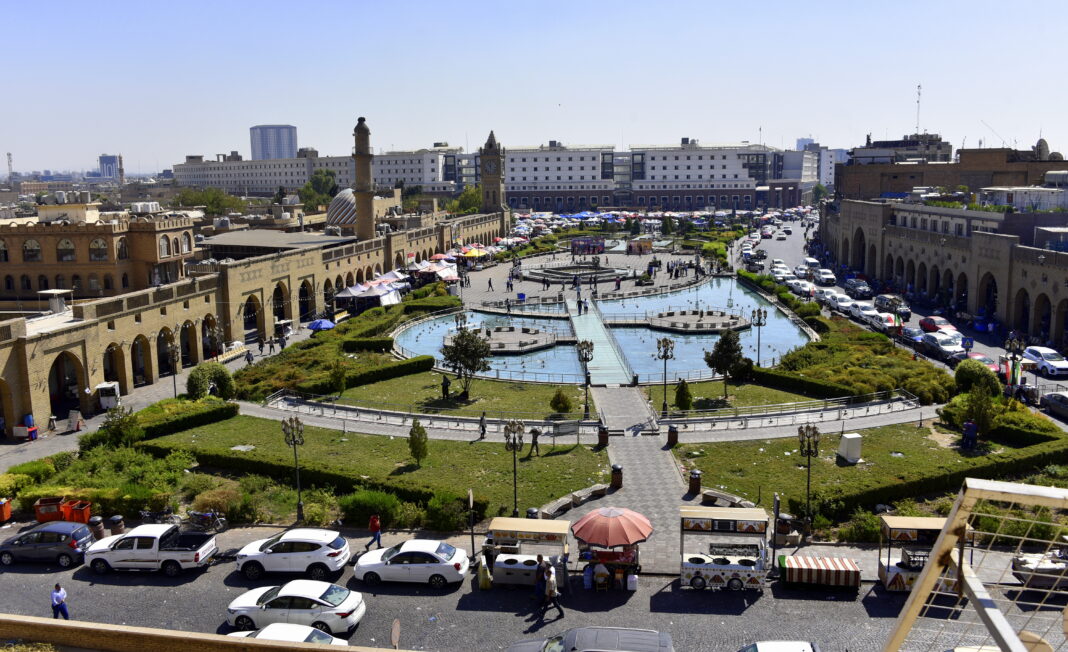ILO national employment policy training has started in Erbil to strengthen Iraq’s labor market. The International Labor Organization (ILO) launched a three-day course through the PROSPECTS Partnership, sponsored by the Dutch government. The initiative highlights global support for tackling unemployment and labor challenges in Iraqi Kurdistan.
Moreover, the training is based on ILO Convention 122 and international labor standards. It aims to equip government officials, employer groups, and labor representatives with skills to design and implement National Employment Policies (NEPs). By fostering knowledge exchange, the course promotes practical solutions to improve job creation and labor rights.
The ILO national employment policy program comes at a critical moment. Iraqi Kurdistan has struggled with political tensions, declining oil revenues, fiscal shortfalls, and reduced international aid. Additionally, migration pressures and regional instability have worsened unemployment and underemployment, especially for women and youth. Addressing these challenges requires coordinated policies and strong partnerships.
In response, the Kurdistan Regional Government (KRG) has advanced the development of a NEP. The policy focuses on encouraging employment, expanding social protection, and ensuring decent work for all communities. The strategy includes host populations, refugees, and displaced people to guarantee fairness and inclusivity.
Furthermore, the NEP process is rooted in tripartite social dialogue. Representatives from the government, labor unions, employer associations, and civil institutions are actively participating. This inclusive model builds national ownership while ensuring that reforms lead to sustainable results.
The ILO national employment policy training in Erbil is interactive and learner-centered. Participants engage in peer discussions and collaborative problem-solving exercises. This approach allows stakeholders to share insights, identify skill gaps, and develop effective policy measures tailored to the region’s needs.
Looking ahead, the NEP will therefore lay the foundation for long-term labor market stability. Moreover, it will help reduce unemployment, close skill gaps, and promote gender equality in workplaces. Ultimately, the initiative will also strengthen Iraq’s economy by building a more inclusive and resilient workforce.
In conclusion, the ILO’s support underscores the importance of cooperation between international institutions and Iraqi Kurdistan. With practical training and clear policies, the region can create new opportunities and foster sustainable development for all.



